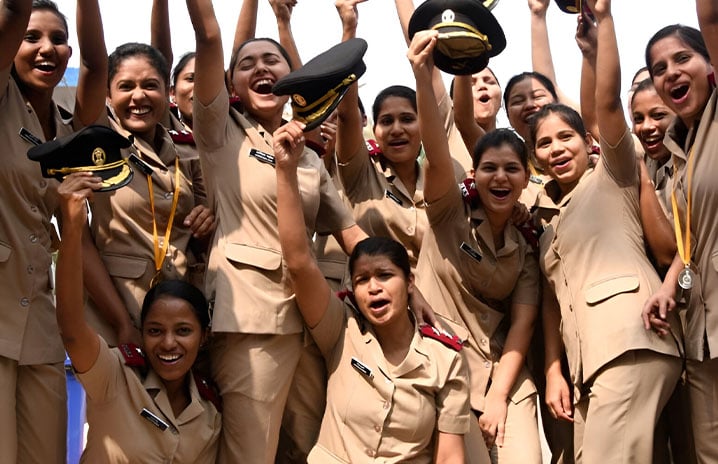The Karnataka High Court has delivered a landmark judgment, declaring the 100% reservation for women in Military Nursing Services as unconstitutional. This decision, issued by Justice Anant Ramanath Hegde of the Dharwad bench, came on January 5, addressing a petition that challenged the reservation stated in Section 6 of the Military Nursing Services Ordinance of 1943.
The court scrutinized the constitutionality of the reservation in light of Article 15(3) of the Indian Constitution, which allows special provisions for women and children, and Article 16(2), which prohibits discrimination based on religion, sex, and other grounds. The petitioners argued that the 100% reservation did not constitute a reasonable classification and lacked a “rational nexus” with its intended objective. They also highlighted that the ordinance was primarily a wartime measure during World War II and had lost its relevance in the modern era.

The defense presented the argument that the reservation was necessary to fill vacancies when male nursing officers, recruited through a different process, were deployed to front lines in wartime. They asserted that there was no practical discrimination as there was full reservation for men in a separate recruitment process.
However, the court observed that the historical context of 1943, which might have necessitated such a provision to encourage women’s participation in the armed forces, no longer exists. The bench noted, “The emergency that was prevailing then in 1943 is no longer there….assuming that the Ordinance was adapted to encourage women from joining the Armed Forces, no grounds are made out to justify 100% reservation for women….”
Further, the court added that while women are recognized as a separate class under the Constitution, this does not imply that there can be 100% employment reservations based solely on gender. Such exclusive reservations, according to the bench, violate the constitutional guarantees under Article 14 and Article 16(2) and cannot be justified by Article 15(3).
In conclusion, the Karnataka High Court maintained that all appointments made under the said provision should remain valid. However, it directed that if petitioners wished to apply for relevant posts, the time spent on pursuing the petition should be deducted from the age limit. This ruling marks a significant moment in the interpretation of gender-based reservations and constitutional guarantees in India.






